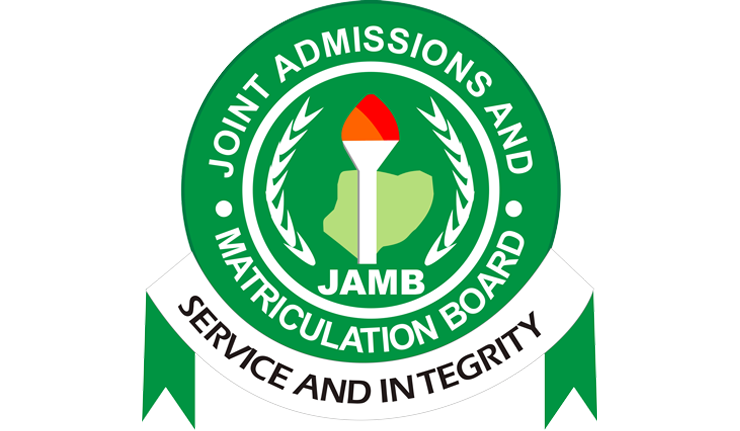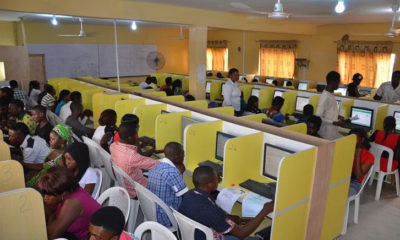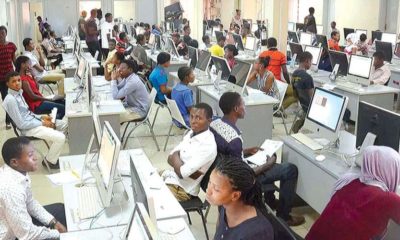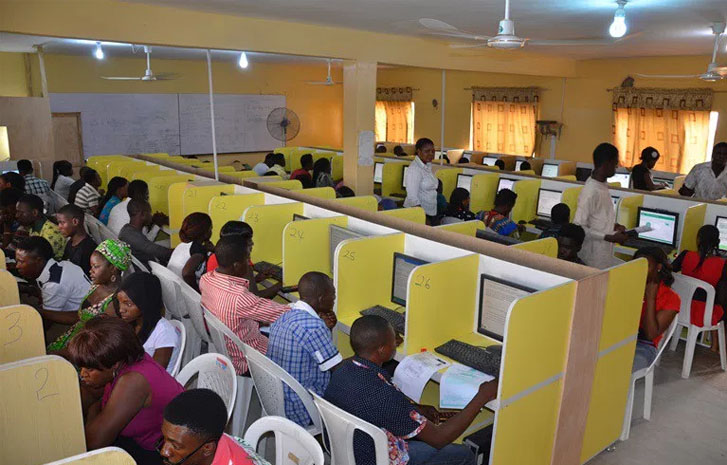The Joint Admissions and Matriculation Board (JAMB) has scheduled a mop-up Unified Tertiary Matriculation Examinations (UTME) on Friday, August 6, 2021, for candidates who missed the examinations due to registration and verification difficulties, and clash of timetables, among others.
The board in a statement on Thursday disclosed that a total of 18,000 candidates are slated to write the examinations in some selected locations across the country.
JAMB said the decision to conduct the examination follows a detailed investigation and careful analysis of the 2021 UTME, and with due consultation with the National Examination Council (NECO) concerning the timetable of the council’s ongoing SSCE.
The rescheduled candidates are in the following categories:
Candidates who could not be initially scheduled for examination owing to their inability to timely procure and supply their mandatory NINs or profile codes until after the close of the registration exercise and, therefore, had to purchase Bank Drafts ( as against the usual vending of PINs) after the scheduled period for the examination and were later registered.
Few candidates who encountered peculiar biometric verification problems, or who failed biometric verification on the examination date ( and were recaptured) but were not allowed to partake in the examination.
The board said adequate screening arrangements have been made to reverify such claims and any candidate found to be involved in any form of impersonation will be identified for prosecution.
Candidates who were unable to sit for the UTME owing to the clash of timetables of the UTME and the then ongoing NABTEB examinations and whose particulars have been verified and supplied directly to JAMB by NABTEB, and
Candidates who have been ascertained by JAMB to have experienced genuine rescheduling/technical problems as was the case in 30 of the 760 centres used for the examination.
The rescheduled candidates have been directed to print fresh examination notification slips containing the venue and time of the examination from the JAMB website using the candidates’ registration number from Sunday, 1st August 2021.
“In addition, the candidate can check using their registration number here
“For the avoidance of doubt, no candidate whose result has been duly released will be rescheduled for another examination contrary to the sponsored fake news being circulated on the social (and few mischievous conventional) media”, the board stated.
The board further advised candidates to avoid supplying their vital information including registration numbers to fraudsters who abound especially in cybercafes (s), tutorial centres springing up almost everywhere in the nation as a result of the illicit activities of examination syndicates.
“CBT centres approved by JAMB which are consistently monitored are relatively more secure for printing examination notification slips by candidates who cannot print such on their own”, the board said.

 Naira4 weeks ago
Naira4 weeks ago
 News4 weeks ago
News4 weeks ago
 Naira4 weeks ago
Naira4 weeks ago
 Jobs4 weeks ago
Jobs4 weeks ago
 Naira3 weeks ago
Naira3 weeks ago
 Travel3 weeks ago
Travel3 weeks ago
 Naira3 weeks ago
Naira3 weeks ago
 Investment4 weeks ago
Investment4 weeks ago
























